Anger at incoming administration’s decisions has led to over 4000 offering to volunteer and help to organise march
A plan for scientists and science advocates to march on Washington, DC to protest developments that have occurred in the first days of the Trump administration has caught fire and gone viral.
On 24 January, the fledgling Scientists’ March on Washington had about 50 followers on Twitter, and by close of business the next day the figure had grown to more than 60,000. Event organisers say over 4000 people had reached out to volunteer and help organise the march as of 25 January. No date has yet been set for the march, but the goal is to have a main event in Washington, DC and satellite marches across cities in the US.
‘The growth has been insane,’ one of the co-organisers tells Chemistry World. ‘Turns out a lot of people care about science.’ The event, which is still in the very early planning stages, has grown far faster than anyone had anticipated. Organisers will convene a planning meeting on 28 January to develop ‘a firmer mission statement’ and discuss how to ensure that this movement is diverse and inclusive of people from all demographic backgrounds and all fields of science.
Planners of the event are motivated by the alarm, expressed by scientists worldwide, at what’s been seen as anti-science actions taken by the Trump administration. The march organisers say the president has been in office less than a week and there have already been funding freezes at government research agencies like the Environmental Protection Agency, as well as efforts by the new administration to restrict science agencies from communicating their findings.
The intent is for the Scientists’ March on Washington to become a starting point to advocate for the responsible application of science in government. ‘Slashing funding and restricting scientists from communicating their findings (from tax-funded research!) with the public is absurd and cannot be allowed to stand as policy,’ the movement’s website says. It states that certain things must be accepted as facts with no alternatives, including that the Earth is becoming warmer due to human action, and that politicians who devalue scientific expertise risk making decisions that are dangerous and do not reflect reality.





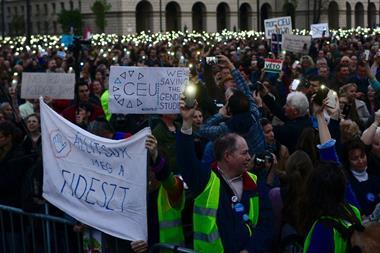
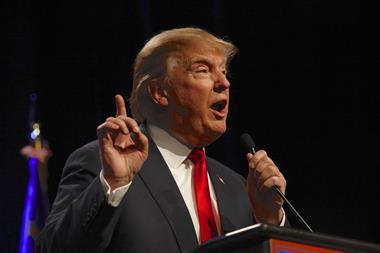
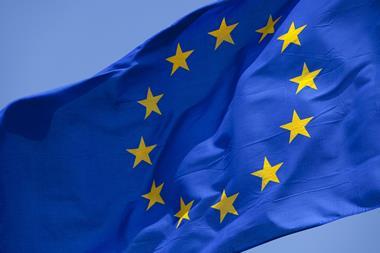
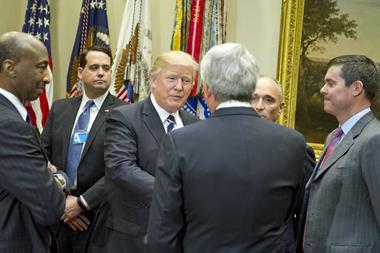
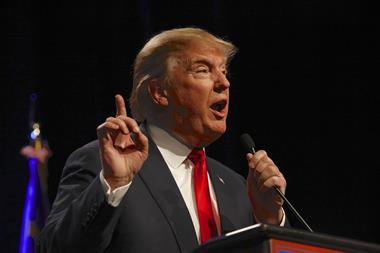







No comments yet